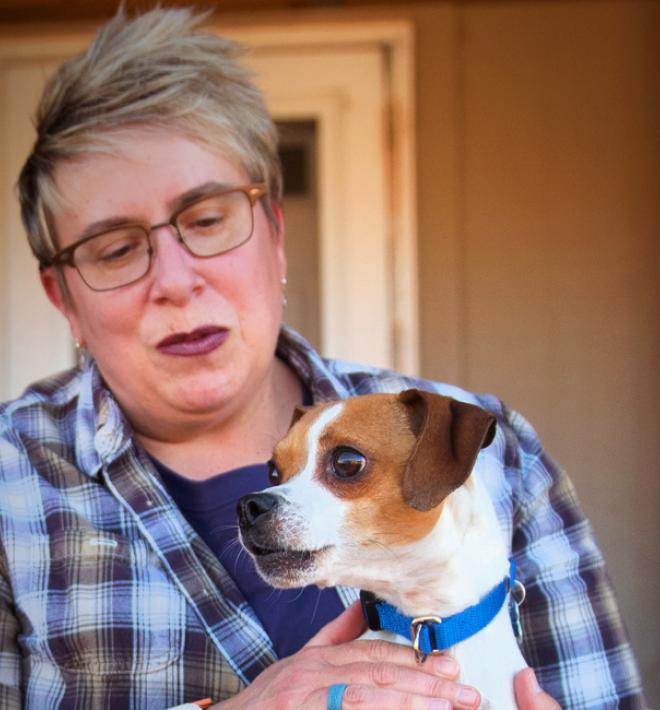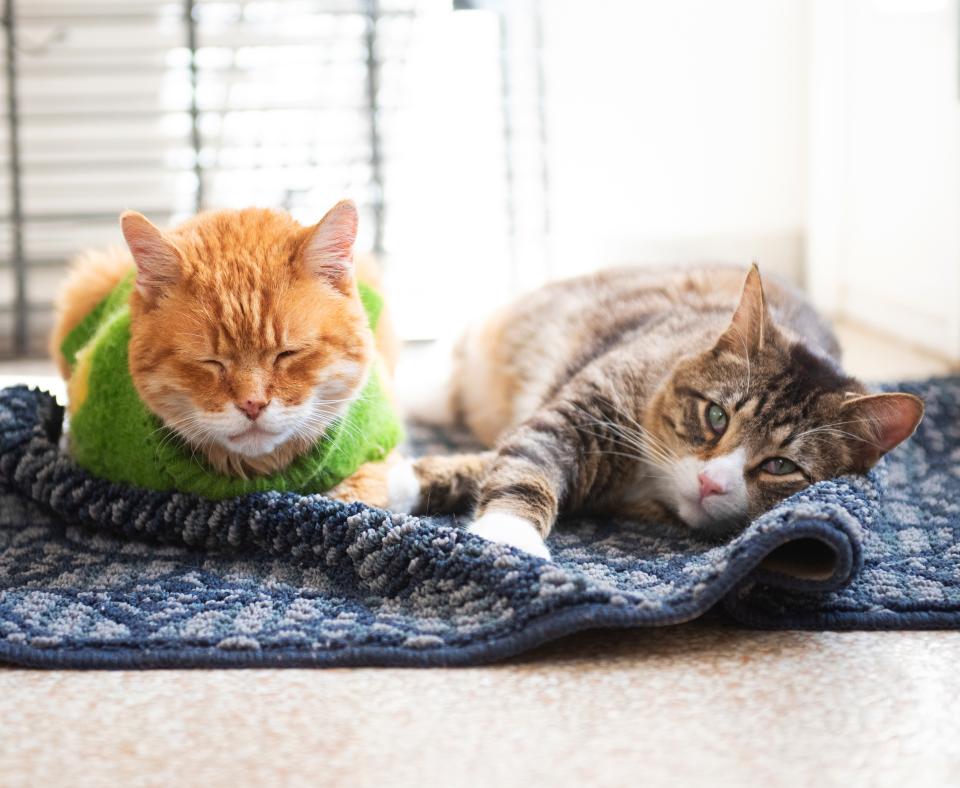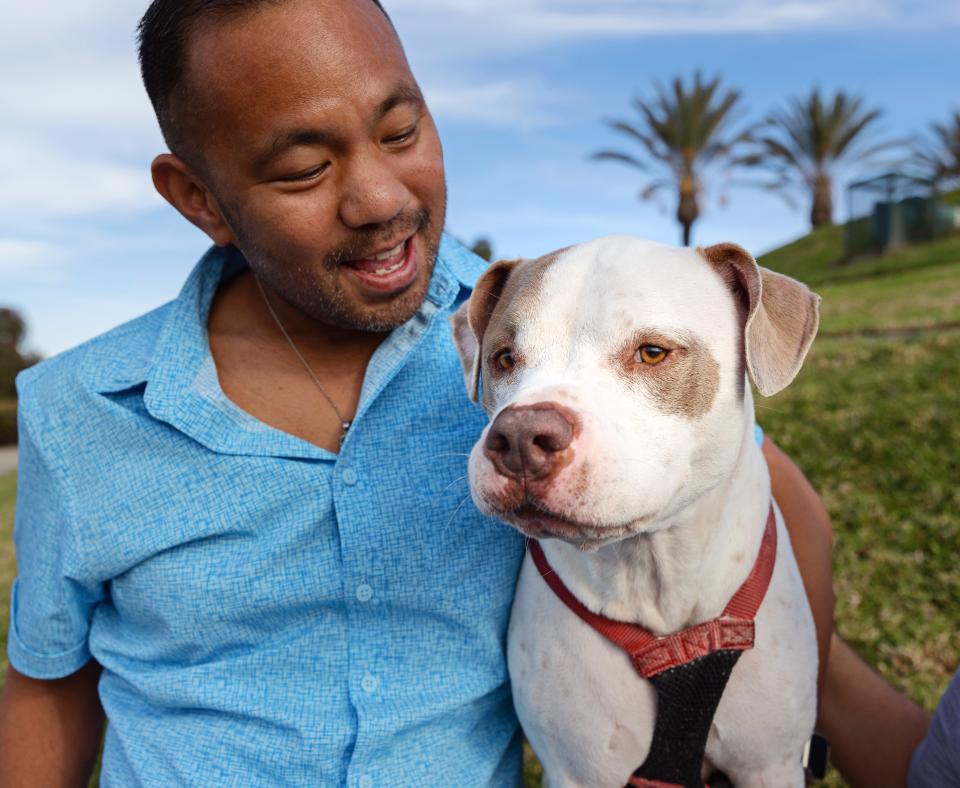
Ensuring care for your pets
As you plan for your estate, consider providing for your pets.
Our dogs, cats, and other pets are so close to our hearts, and it’s difficult to think about the day when they’ll no longer be with us. But what if something happens to us first, and we’re not around to take care of them?
In the event that you pass away first, your animals will need immediate care and love. We’ve compiled some helpful tips for estate planning with your pets’ future in mind.
Arranging care for your pets
Choose emergency and permanent caregivers.
Setting up emergency care
Ask a few trusted friends or family members to act as emergency caregivers. You’ll want to arrange for more than one caregiver just in case someone isn’t available.


